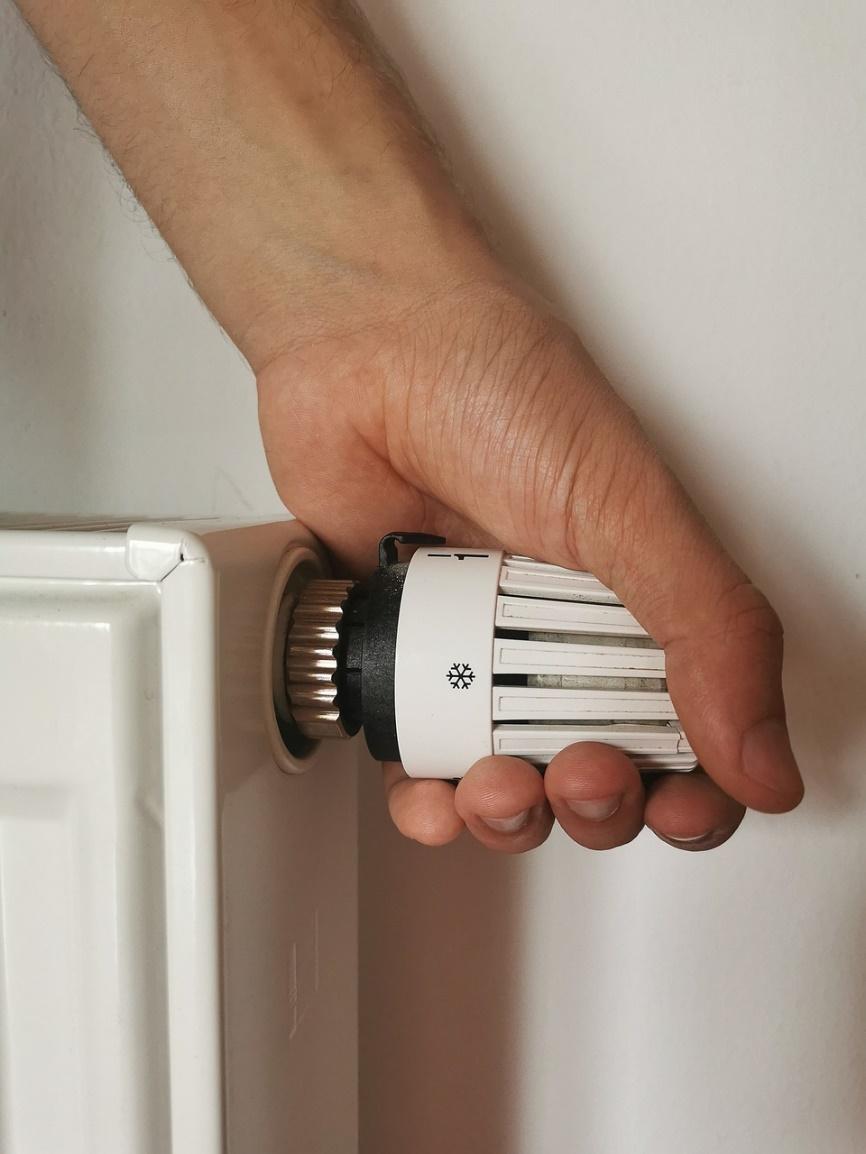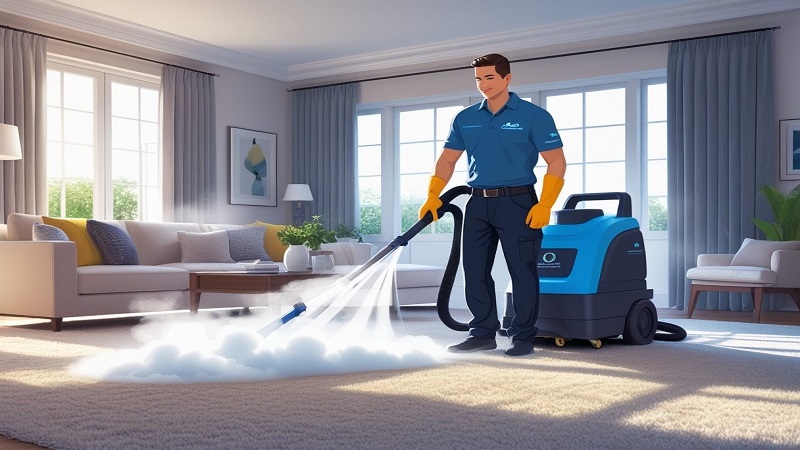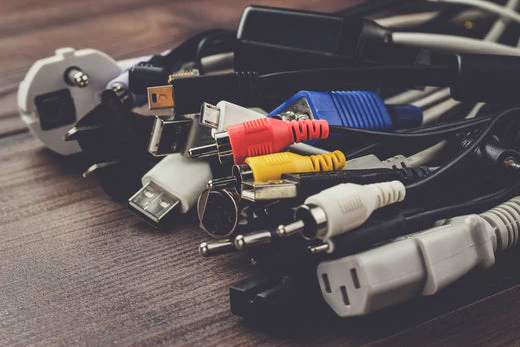Getting your home’s heating right can make a huge difference to comfort, personal hygiene and health, as well as those all important energy bills.
It can also keep your home healthy, as being able to utilise your heating system properly and without worry can improve your general environment and prevent issues such as mould, damp, freezing pipes and more.
But how do you get it right? With all the conflicting beliefs and myths surrounding the proper way to heat your house, things can get confusing. Following the wrong advice could get costly!
So to help make sure you’re using your heating to it’s best, let’s look at some common myths about home heating and see what we can debunk.
Myth #1: Turning Up the Thermostat Heats the Room Faster
It’s a persuasive myth that turning up the thermostat to a higher temperature will cause rooms to heat up faster. And while there’s some logic to it, it’s unfortunately flawed logic.
The truth is that turning up your heating won’t actually warm up your home any faster. The thermostat will still take time to reach its final temperature. So turning it up won’t make it work any faster.
Cranking up the thermostat higher will only lead to your heating system or boiler working longer than necessary.
This will only mean wasted energy. It could also result in your room ending up uncomfortably hot, leaving you to have to get up, turn it down, and having you potentially just spent more on your heating bill than needed. Not worth the time, effort, or money.
Instead, you should stick with the temperature you need, planning ahead and letting your heating system work at its own pace.
Myth #2: Boilers Don’t Need Annual Servicing
If your boiler is working fine, you may think there’s no need to get it serviced. But the truth is, an annual boiler servicing is an essential part of home maintenance. It could stop expensive repair work by detecting issues early and keep you safe by preventing and identifying the risk of carbon monoxide leaks.
A yearly service is highly recommended, as it can catch problems early that a non-professional wouldn’t have been able to identify.
As boilers tend to last a decade or longer, some warranties last an extended period – but this is usually on the condition that you get a yearly service, so skipping it could void the warranty. Not worth the risk…
Whilst good maintenance and regular servicing can prolong your boiler’s lifespan, it is recommended to upgrade them after 10-15 years, so you’ll want to keep your boiler working at its best until then. And as technology will have advanced by then, your upgrade will provide you with even more efficiency.
So search central heating engineers near me to book in a service or see if you need an upgrade.
Myth #3: Smart Thermostats Aren’t Worth It
Smart thermostats might seem like an unnecessary extra or even a luxury, and though they can cost between £100 and £200 on average, they pay for themselves with the energy and money they can save you in the long run.
Since the devices offer a better level of control of your heating, either remotely, by using more accurate scheduling times, or even via the use of smart tech to learn your preferences and optimise your usage – they are well worth the investment.
Smart thermostats also provide data on your heating, helping you to identify ways to change your habits and perhaps save even more bill money.
The Great Debate: Is It Cheaper to Turn off or Keep the Heating on Low?
Like many opinions on how to properly heat a home, there are a lot of conflicting arguments with regards to using heating only when you need it – or leaving it on constantly (on a low setting).
The arguments are strong for both sides. Is leaving heating on all day more efficient for keeping a warm home or will it just consume more fuel, cause more heat loss, and lead to higher heating bills?
If you use heating only when you need it, will you really save that much money and energy?
Unfortunately, there is no definite answer, instead it all depends on various factors. So speak to an expert to see what they recommend, the answer may be different due to the size of your home, the type of boiler you have, lifestyle, and more.





